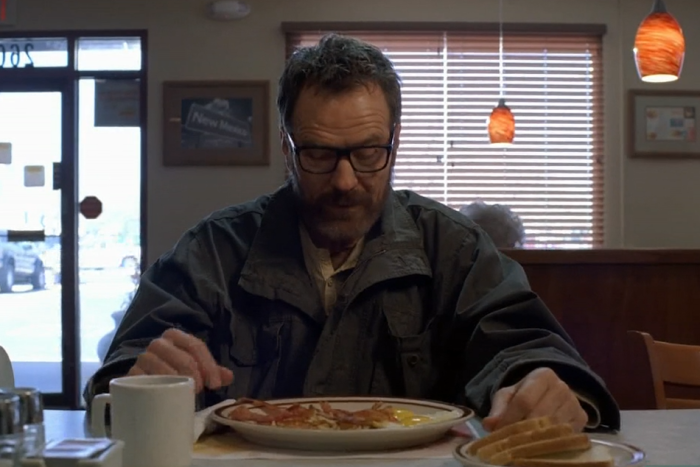Dr. Donald Low was, ten years ago, one of the more public faces during Toronto’s experience with SARS. As the city worried about the sudden appearance of that new illness, Low was frequently on television explaining what, if anything, medical science had learned that day. He died last week at the age of 68 from an inoperable brain tumour.
But this is 2013, and before he died, Dr. Low left us all a message on YouTube: He was scared, at the end, not of dying, but, as he says, “What worries me is how I’m going to die. Am I going to end up being paralyzed and, you know, have to be carried from the bathroom to the bed?” Low wanted to be able to choose the time and manner of his passing, and, at least for a little while, the video is likely to reopen the debate over assisted suicide in Canada.
It’s long overdue: Assisted suicide has been on the backburner in Canada for some time despite continuing to be a live issue in other jurisdictions. In the UK, Terry Pratchett and its proximity to Switzerland, where assisted suicide is legal) have kept the argument for more choice in the end of our lives going. It’s possible Low’s message could represent a moment for policy-makers in Canada to rethink their positions—if only because Low knew so many of them.
The battle lines on this issue haven’t obviously changed since the early 1990s case of Robert Latimer, a farmer who was (eventually, after a second trial) convicted of murdering his daughter, who lived with severe cerebral palsy. Aside from religious and cultural objections, the Council of Canadians with Disabilities is still strongly opposed to weakening the prohibition on euthanasia, fearing that people with disabilities could find themselves at the mercy of a system they’re already disadvantaged by, with horrible consequences.
On the other side, though, you have some of the last words of Dr. Low, directed at his fellow doctors who disagreed with his position: “I wish they could live in my body for 24 hours, and I think they would change that opinion.” Somewhat unexpectedly, Low has an ally in the Conservative Party of Canada: Steven Fletcher, MP for the Winnipeg riding of Charleswood-St. James-Assiniboia and a quadriplegic, supports assisted suicide (though the government most definitely does not).
It’s tempting to say that this is a clear-cut issue—that Low should have been able to choose the time of his passing without interference from any of us. Certainly, the longer it goes un-discussed in an official capacity, the more mystifying the opposition to doctor-assisted suicide seems: Why is it inconceivable that we could build a system that would give the Lows of the world their dignity without throwing the Tracey Latimers of the world to the wolves?
What is clear, though, is that the prohibition status quo isn’t nearly as clear as we think it is. As Tim Falconer explained in his book That Good Night, in a different province, Robert Latimer might have been charged with a lesser crime. Not only that, but even different hospitals have different guidelines (though of course assisted suicide remains illegal at all of them).
Low’s final message may not lead to an end to the prohibition of assisted suicide. Alone, it probably shouldn’t. But ignoring the issue isn’t helping anyone.





